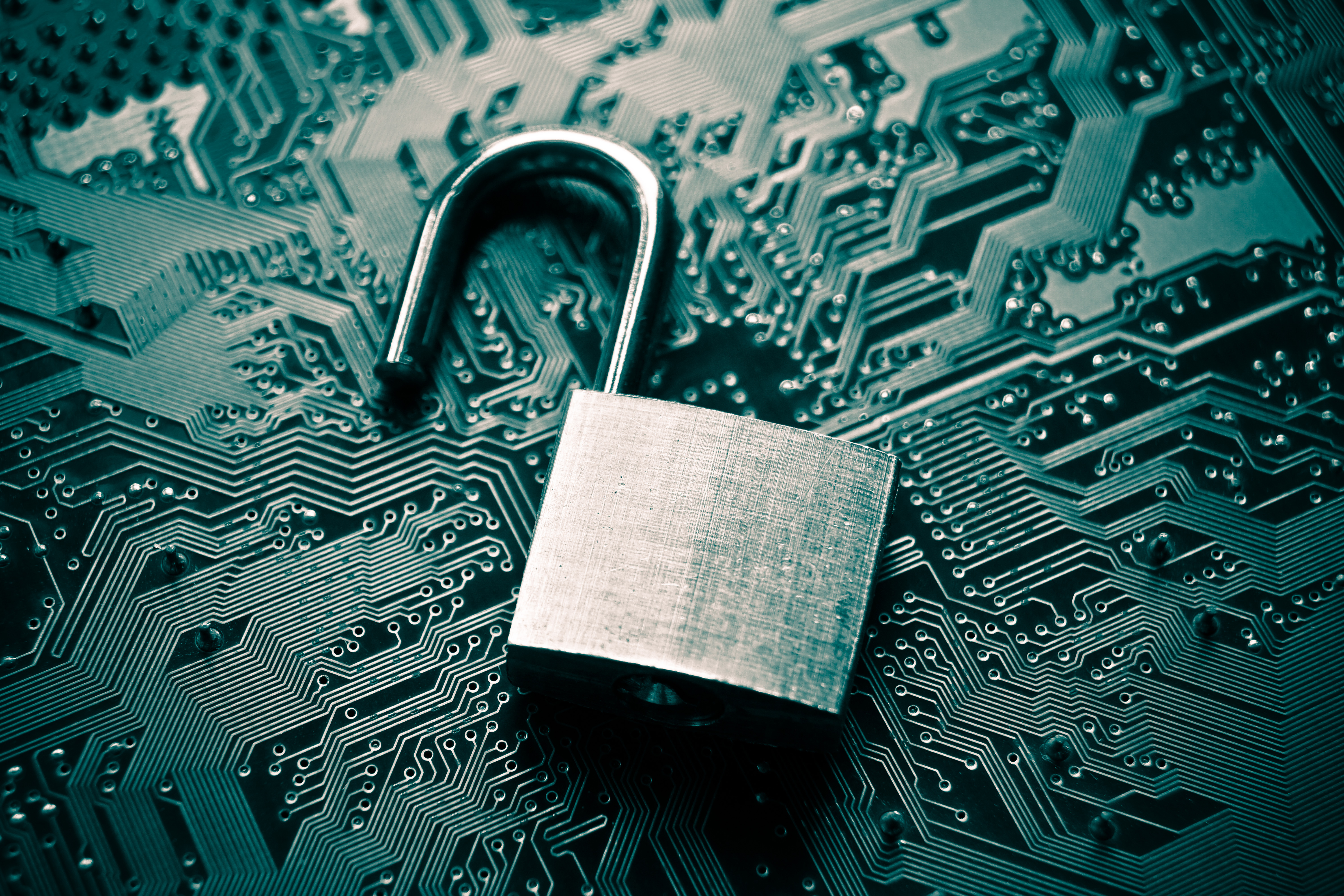
Thousands of users fall victim to data breaches every day. That’s why now it’s more important than ever to understand what data breaches are, how they happen, and how to prevent them.
Most websites store user data in some shape or form. When they experience a data breach, controlling the spread of the compromised data becomes very difficult. The effects of a data breach can be devastating, with permanently damaged online reputation or even identity theft.
For crypto traders, a password breach might mean a substantial financial loss. That’s why it’s essential to understand more about data breaches and how to protect your passwords – and your money.
How data breaches happen
Data breaches can occur in several ways and for many reasons. A malicious party outside the organization is typically to blame – but someone within an organization can also cause them.
When a data breach happens within the organization, it’s often the result of an unintentional accident, human error, or infrastructural weaknesses. However, they can also be insider jobs – a data breach deliberately carried out by someone within the company.
When a data breach happens due to a malicious party targeting the organization, it’s known as a deliberate attack. These deliberate attacks may involve techniques like ransomware, phishing, social engineering tactics, SQL injection, or brute-force attacks.
Stolen credentials – the most common cause of data breaches
Unsurprisingly, stolen or leaked credentials are most commonly responsible for data breaches.
When a password is stolen or leaked, it becomes available to unauthorized parties and can be used to access various personal or business accounts. Cybercriminals can steal passwords in several ways, including keylogger programs, phishing, social engineering, brute-force attacks, and, sometimes, simply guesswork.
A stolen password can have severe consequences for users and organizations, exposing accounts to cybercriminals and potentially causing significant financial losses.
The biggest data breaches of 2022
This year has seen many major data breaches exposing the data of millions of customers. Here are some of the most significant incidents this year to date:
- January 17, 2022: Hackers broke into almost 500 crypto traders’ wallets on crypto.com and stole $18 million in bitcoin and $15 million in Ethereum.
- March 21, 2022: The Lapsus$ hacker group breached the authentication company Okta, affecting 2.5% of the company’s customers.
- March 23, 2022: Cybercriminals successfully stole $625 million in cryptocurrency from the makers of Axie Infinity.
- July 21, 2022: Hackers breached the data of approximately 5.4 million Twitter users and put it on sale with their phone numbers and email addresses.
How can cybercriminals use stolen data?
Hackers can use stolen data in many ways, some of which are worse than others. What criminals do with stolen data largely depends on whether it’s business or personal.
Personal information
- Sell it for profit. Cybercriminals may put stolen data up for sale on the dark web. According to Experian, criminals can sell data for anywhere between $1 to $2,000.
- Steal money or commit financial fraud. Stolen data may give attackers access to bank or investment accounts – a relatively easy way to steal the user’s money.
- Commit identity theft. Hackers may use stolen data to open new credit cards or file a tax return under the victim’s identity.
- Cause damage on social media. Cybercriminals may also use stolen data to access the victim’s social media accounts. They may share posts as the victim or contact their friends and followers to ask for money.
In most cases, the victim will have to jump through hoops to restore their life to how it used to be, including contacting the authorities, changing all login credentials, and notifying family and friends.
Corporate information
Stolen corporate information can have a devastating effect on an organization’s reputation too.
When a significant data breach occurs, users may lose trust in an organization and its ability to handle their information securely. This loss of confidence can seriously impact the business long-term, causing irreversible reputation damage.
Of course, stolen corporate information may also lead to major financial losses, like in the cases of the data breaches listed above. Overall, data breaches pose serious risks – whether at an individual or corporate level.
How to prevent a data breach
Individuals and organizations can prevent data breaches in various ways, including:
- Keeping software up to date.
- Being mindful of phishing attacks.
- Shredding documents with personal or financial information.
- Only using secure websites.
- Checking credit reports.
However, since most data breaches happen due to weak or stolen passwords, let’s look at how to improve your passwords.
Improve your password security
Password security is vital in data breach prevention. Strong passwords are much harder to crack and will be more effective in keeping your accounts safe. Here are some tips for password security:
- Create unique passwords that are at least 12 characters long.
- Use lower and uppercase letters and a combination of letters and numbers.
- Include at least one special character. The longer and more complex your password is, the harder it becomes for hackers to guess or crack it.
- Keep your passwords safe. Using a reliable password manager could help you always create strong, uncrackable passwords and store them in a secure, encrypted place. Password managers can help avoid human errors and make your accounts more secure.
Data breach prevention tips for crypto wallets
With crypto trading becoming more popular, crypto-related data breaches are increasing too. Protect your crypto wallets with strong passwords as your first line of defense. Here are some tips for keeping your crypto wallets safe:
- Create complex passwords. Malicious tools for brute force attacks and password guessing are easily accessible to hackers. If your passwords aren’t strong enough, hackers may be able to break into your crypto trading account and empty your wallet.
- Use unique passwords. Don’t use the same password on several accounts. Unique passwords are also essential because of the risk of third-party data breaches. One email account could compromise all shared passwords if it suffers a breach.
- Use a password manager. Remember your complex and strong passwords with a password manager. These helpful cybersecurity tools let you store, autofill, and save as many strong passwords as you want. Your passwords are easily accessible on any device – but only to you.
About NordPass
NordPass is a highly rated password manager created by Nord Security – a global company specializing in personal and business cybersecurity solutions.
NordPass allows users to store, autosave, and autofill unique, complex passwords to secure their online accounts. Users can also store credit card information, notes, and other sensitive information they want to keep securely.
The NordPass Premium subscription comes with a handy Password Health tool that detects weak, old, and reused passwords on your accounts. NordPass also has a built-in Data Breach Scanner to check if your passwords, email addresses, or credit card details have been leaked so that you can protect them immediately.
NordPass operates under zero-knowledge architecture, meaning that only you know what you keep in your secure password vault. All your passwords and sensitive information stored in NordPass are protected with XChaCha20 encryption for advanced security.
